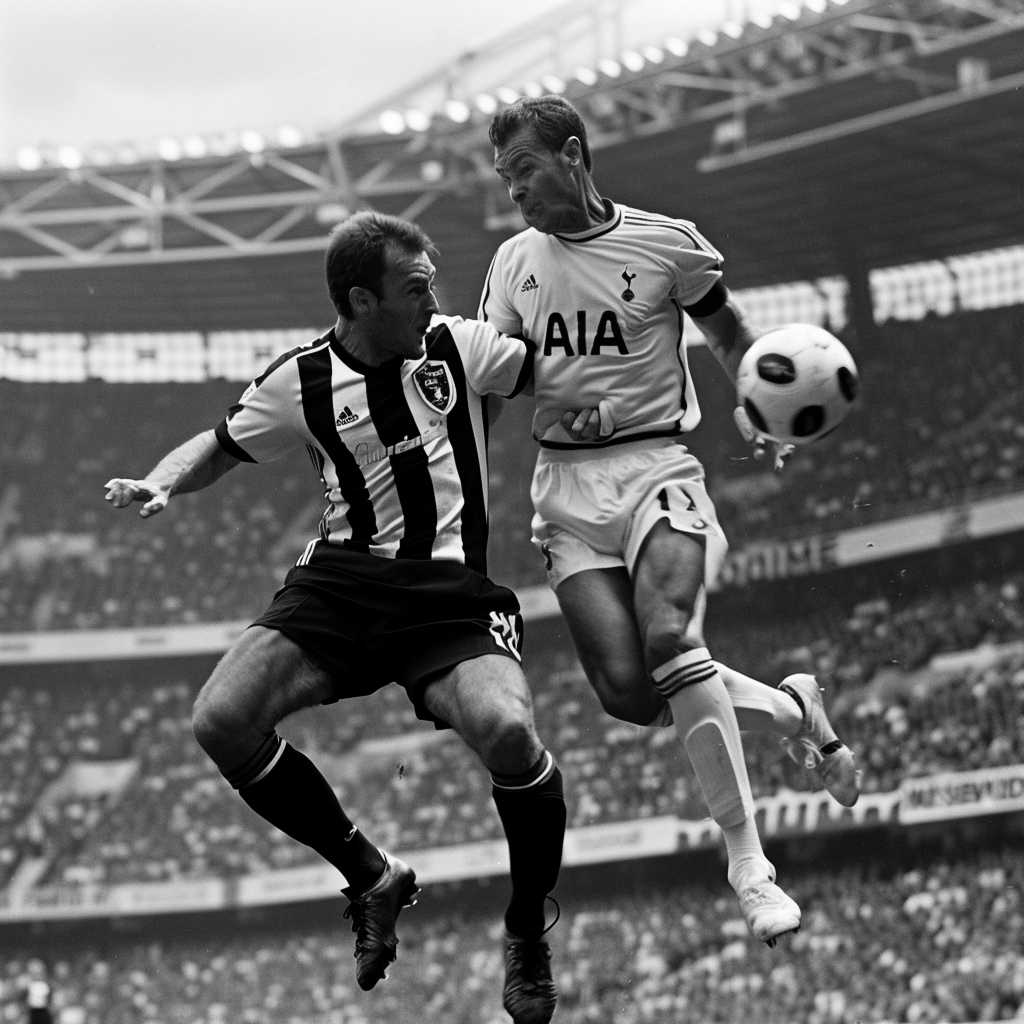Understanding the Premier League Rivalry: Newcastle vs Tottenham
Newcastle United and Tottenham Hotspur are two of English football’s oldest and most storied clubs. Throughout their long history, these teams have faced each other on numerous occasions, building a competitive rivalry that isn’t rooted in geographical proximity but rather in their often similar positions in the league table and their shared ambitions. This article will delve into the historical context of their rivalry, analyze key moments in their matchups, and discuss the latest developments between the two sides.
Roots of the Rivalry: Historical Context and Club Legacies
The competition between Newcastle United, hailing from the northeast of England, and Tottenham Hotspur, based in north London, dates back to their first meeting in 1905. From the outset, both clubs have shared a vision of attractive football and have been home to legions of passionate fans.
Newcastle United have amassed a respectable collection of domestic trophies, while Tottenham has also enjoyed success, being the first club in the 20th century to achieve the League and FA Cup Double. While both have historically oscillated between moments of brilliance and periods of struggle, they have invariably been seen as formidable competitors.
Over the decades, there have been numerous memorable clashes that have helped to shape this sporting enmity into what it is today. Both sides have disrupted the other’s hopes in various competitions and have often been perceived as equals vying for similar positions in the league.
Key Matchups: Landmark Matches and Memorable Outcomes
Through the years, there have been key matches between Newcastle and Tottenham that stand out not only for their results but also for their impact on the teams’ trajectories.
One such match took place at St James’ Park during the 1995-1996 season when Newcastle famously won 7-1 – an emblematic victory during a period in which Newcastle was challenging for top honors in English football. Another watershed moment occurred during the 2011-2012 season when Tottenham won 5-0 at their home ground, underlining their ascendancy as a significant power in English football.
These pivotal games exemplify how fixtures between Newcastle and Tottenham are battles where both sides fight fiercely for supremacy, pride, and crucial points.
Recent Encounters: The Modern-Day Chapters
In recent seasons, meetings between Newcastle United and Tottenham Hotspur have become even more fraught with implications for league standings. With both clubs undergoing transformation under new management and players, their rivalry continues to evolve.
Tottenham’s push for a coveted Champions League position often sees them needing to secure wins against teams like Newcastle. Conversely, Newcastle’s ambition to solidify their status as a top Premier League team has them eyeing fixtures against Spurs as possible six-point swings in their quest.
Their matches showcase tactical battles between managers and highlight some of the best talents both teams have to offer. These games often feature intricate storylines, with players facing former clubs or managers taking on familiar foes.
Cultural Impact: Fan Engagement and Beyond
The rivalry extends beyond the pitch and into the stands where loyal supporters engage passionately. Fans amplify the intensity of these confrontations through social media banter, match-day traditions, and chants. The cultural impact of match-ups carries forward through generations of supporters who treasures victories over their rivals.
There’s also a financial perspective; matches are typically broadcast worldwide and attract substantial viewership. This global attention underscores the commercial significance of such encounters for both clubs in terms of merchandise sales, sponsorship deals, and international fanbase growth.
Strategic Relevance: Table Positions and Future Ambitions
From a strategic point of view, each game offers an opportunity to gauge the progress against like-minded competition. Success or failure can shape future transfer windows, managerial appointments, or even ownership decisions.
Amid evolving football landscapes concerning club finances – with takeovers such as that at Newcastle by a Saudi Arabian-led consortium – the aspirations are higher than ever. Both clubs hope to establish themselves as not just domestic but global powerhouses.

